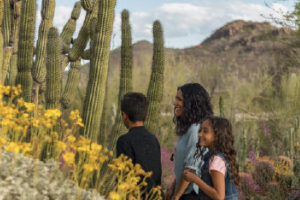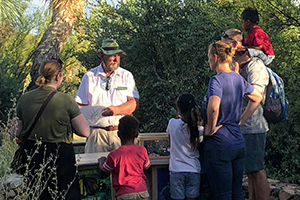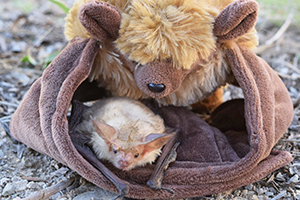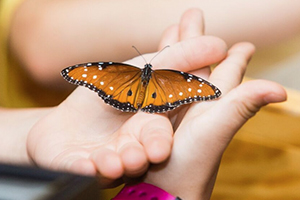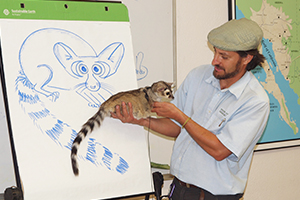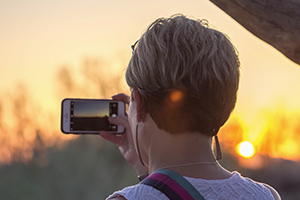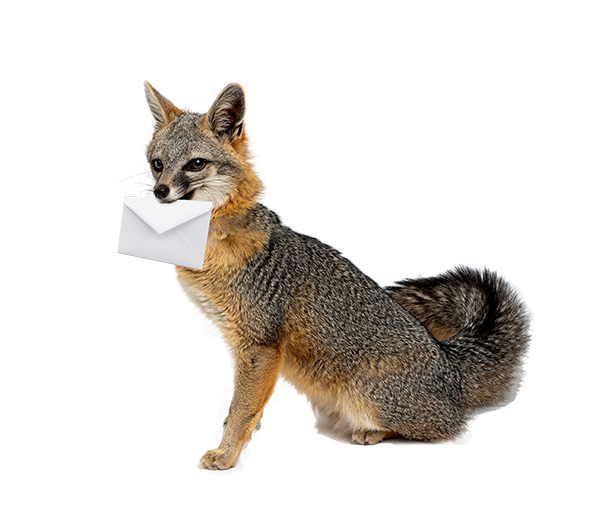Juliet's Story

On the Green River the sun is completely and wholly unavoidable. You feel it’s potency from sunrise to sunset. Being in this heat for five days straight makes you extremely aware of it. At the Glen Canyon Dam we saw the power of the Colorado River being harnessed and it made us think, what other energy sources could be used so that in the distant future it’s possible that we won’t even need that dam? Being in Arizona, the obvious answer is solar power.
Three other earth campers inspired us by telling their stories about how they implemented programs to support the installation of solar panels at their school. Our small group was really excited about doing this, but then we realized how hard that project would be. We’ve decided to begin by building support for an environmental group, working in small steps for environmental sustainability to reach an ultimate goal.
Our focus is to have solar panels installed at our school, but we understand this is going to be a long term goal and by starting a club that has smaller and more achievable goals, we will be able to make this goal more attainable. We need to educate students about the recycling program at our school, raise awareness of water consumption and paper usage, support the use of native vegetation, use compact fluorescent bulbs, and eventually install solar panels. Because of these small and hopefully more successful projects, we will be able to gain the respect and support of the community. We hope that in the future, Catalina Foothills High School will be self-sustaining in its energy use and its eco-footprint.

Thursday July 9, 2009
The speakers today covered a wide range of topics, but I think there was one common theme talked about: relations between peoples.
The Navajo elder’s speech was especially moving, it made me think about history and how today’s world is so different. The Navajo were persecuted by white settlers; they either went with open arms and were captured, or ran and were shot in the back. The Navajo who avoided capture and death struggled to live; working hard to find shelter, food, and water. They had to helplessly watch as their homes- already rebuilt once- were burned again. Land was pillaged and not treated with respect. The people who did this were so ruthless and uncompassionate, picked for those qualities.
Persecution never ends, it is continually happening throughout the world. The story of the Navajo Indians is just one instance. Mr. Orchard spoke to us of his ancestors, Mormons persecuted for their religious beliefs. They were driven from place to place and in each were looked down upon, snubbed, even beaten or killed. Eventually they had to build their own communities to escape society’s cruelness.
We learned today of Lewis and Clark, and John Wesley Powell, all explorers but with different reactions to the American Indians. I am shocked to hear that Lewis and Clark made no record of the natives they encountered in their travelling, they failed in this duty. JW Powell, on the other hand, met peacefully with Indians and lived with different tribes for months. He observed them, learning their cultures, languages, spiritual wisdom, and respect for earth.
Laurel Clark was involved in a space experiment including people of several races and religions, yet all were able to work together and accomplish amazing things. The Navajo too are now able to work with the government and preserve their land, culture, and wisdom.
The fact that these diverse people of different colors and religions can now be one in this 21st century is really inspiring. It leads you to think, if people can get along with other people, can’t people “get along” with nature? Can’t we see how much the Earth gives us and give back just as much? Who knows what will happen in this turning point of change.

